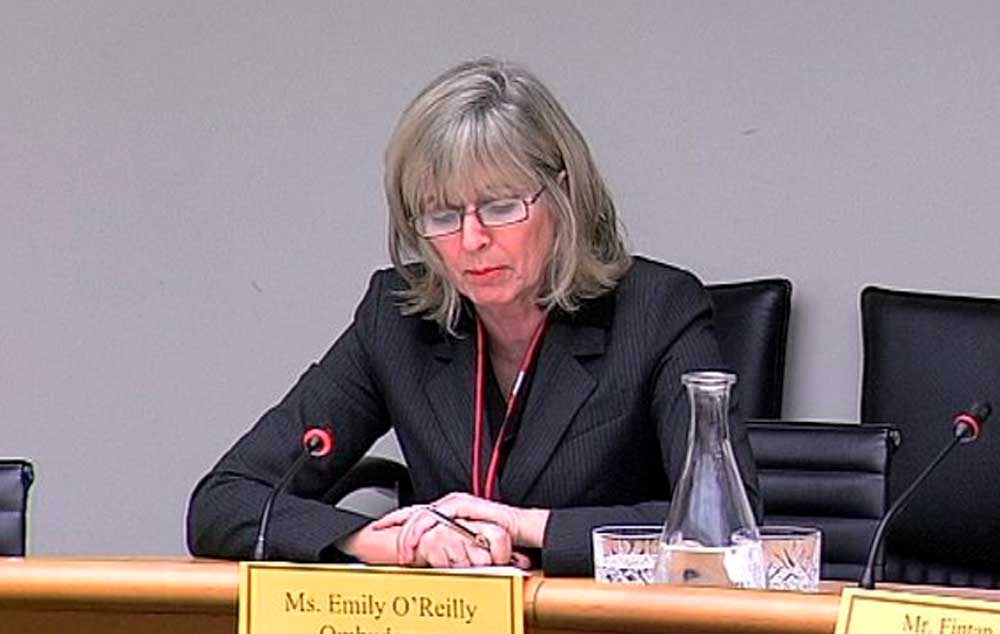A new travel subsidy for people with disabilities being discussed by the Government could see recipients of the payment regularly reviewed.
Proposals for the scheme, which replaces the mobility grant after it was stopped by the Government earlier this year, have been discussed by ministers .
The mobility grant and motorised allowance schemes were stopped after a report from former ombudsman Emily O’Reilly deemed that were being operated illegally by the Health Service Executive and the Department of Health because they discriminated on age grounds.
Proposals
Sources in the disability sector said eligibility tests already take place, but one of the “principles” of the new proposals was that recipients would be reviewed. An estimated 4,700 people were in receipt of the mobility grant, with 300 getting the motorised allowance and the Government continued making the payments while it devised a new scheme.
An inter-departmental group was set up to examine a replacement scheme, and details being discussed by ministers .
It will be targeted towards people who cannot walk and are therefore unable to use public transport, even with the use of mobility aids.
Principles
The principles underpinning the scheme included that someone was “unable to walk for the current and immediate future”; that it would cover transport costs only; applicants would be able to appeal if they were turned down; those in receipt of the payment would be reviewed on a “periodic basis”.
Similar to the mobility allowance, the new payment would be means-tested and targeted towards those on low incomes. Previously, the mobility allowance was paid at a high rate of €208.50 a month, and a low rate of €104.25 a month.
Level
However, it is not yet known if the payment will stay at the same level, although it is likely it will, or when it will be introduced.
When the older scheme was stopped, Taoiseach Enda Kenny said the €10 million allocated to it this year would be ringfenced for the new, legally compliant payments.
Ms O’Reilly had found the operation of the old schemes contravened the Equal Status Act because they excluded applicants over 66 years.
Source: The Irish Times



